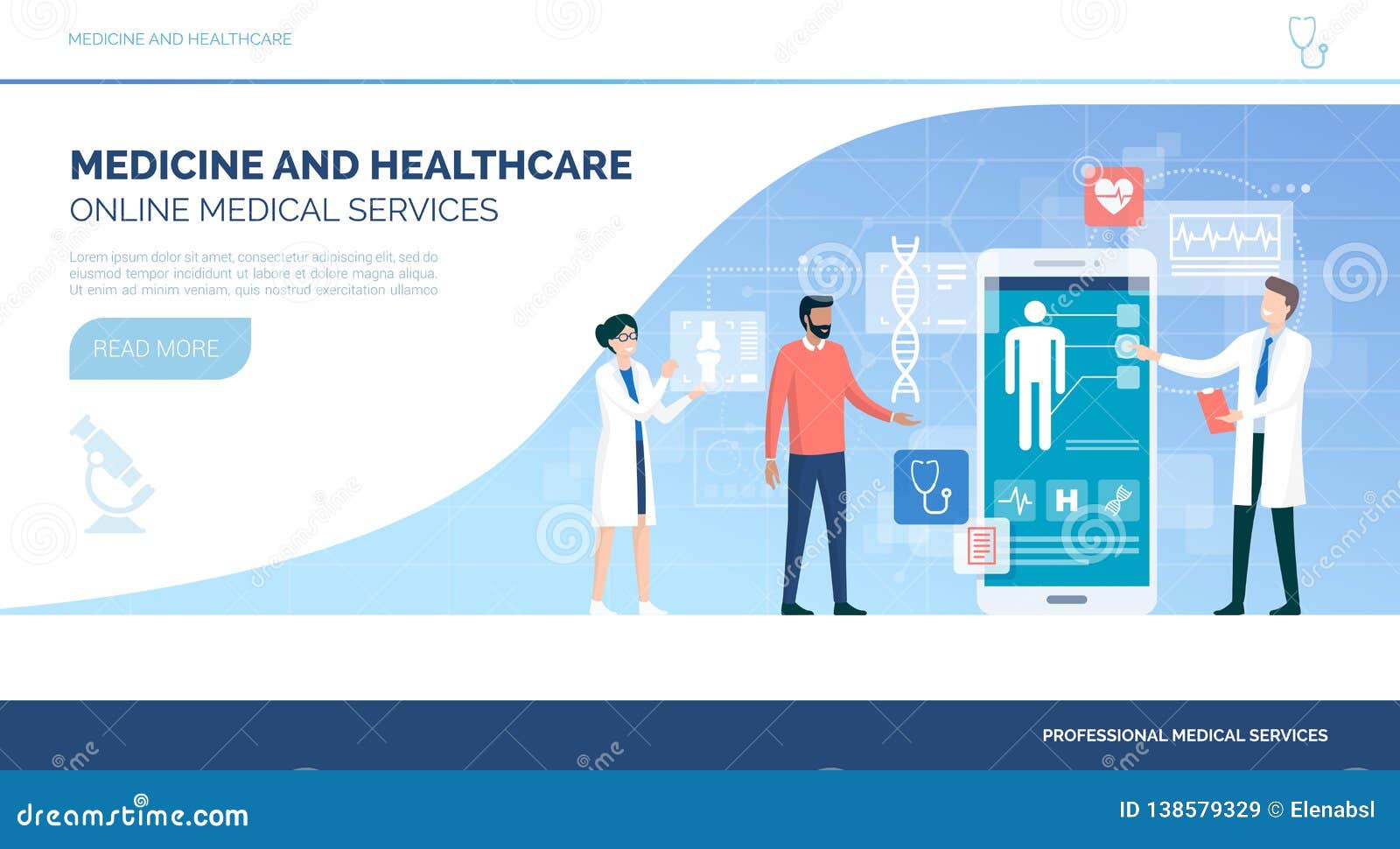Why Subscription Based Healthcare is Gaining Appeal Among Patients Today
Wiki Article
The Rise of Subscription-Based Medical Care and Its Effect On Individual Treatment
As healthcare progresses, the subscription-based model is getting grip, assuring to change client treatment by offering predictability and availability. These designs, which bypass typical insurance, could redefine the patient-doctor dynamic, highlighting preventive and personalized care. As with any type of innovation, they present obstacles, specifically worrying fair access for all socioeconomic groups. The potential for these versions to improve health care distribution raises pushing inquiries about their lasting sustainability and inclusivity. Are these membership services the future of health care, or do they risk leaving prone populations behind? The ins and outs of this change warrant a better exam.Comprehending Membership Healthcare Designs
Understanding the concept of subscription medical care models involves checking out a transformative strategy to medical solutions that emphasizes affordability and ease of access. These versions, usually referred to as direct health care (DPC) or concierge medicine, have actually become innovative choices to conventional fee-for-service medical care systems. Subscription health care permits clients to pay a set regular monthly or annual charge for a defined set of clinical solutions, which may consist of endless office sees, routine examinations, and standard laboratory tests, without the requirement for traditional insurance policy billing.The framework of subscription health care versions is created to simplify client care by getting rid of third-party payers and complicated billing codes, thereby minimizing management worries. Health care carriers can concentrate extra on client treatment, promoting stronger patient-provider relationships. This model likewise advertises preventative care by urging regular sees, as the monetary challenge of per-visit charges is removed.
The registration model typically empowers doctor to handle smaller patient panels, enabling even more personalized treatment. It lines up financial rewards with individual wellness outcomes, as carriers are inspired to keep client fulfillment and well-being. Generally, comprehending subscription medical care versions calls for acknowledging their prospective to reshape how treatment is delivered and accessed.
Advantages for People and Suppliers

For companies, subscription-based versions offer the possibility to deepen patient-provider partnerships. With a stable earnings stream, medical care experts can commit even more time to every individual, causing an extra personalized and detailed care experience. This design likewise decreases reliance above individual quantities, easing fatigue and boosting task contentment. Moreover, the emphasis on preventive treatment within registration strategies can bring about much better individual outcomes and minimized long-term healthcare prices. By concentrating on constant care, service providers can address concerns prior to they intensify, eventually benefiting the healthcare system in its entirety by minimizing the concern on emergency situation and acute care solutions.
Issues and difficulties
While subscription-based healthcare designs present many benefits, they likewise come with a set of challenges and issues that should be addressed. This elevates honest concerns regarding equitable accessibility to health care solutions.Financial sustainability of subscription-based models is one more problem. Providers should balance the set earnings from registrations with the variable expenses of healthcare solutions, which might rise and fall due to unexpected medical demands. This can develop stress to restrict solutions or increase costs, potentially affecting patient contentment and care top quality.
In addition, governing oversight of subscription-based medical care versions is still developing. The absence of standardized frameworks can bring about inconsistent service high quality and liability, making complex efforts to guarantee person security. The assimilation of innovation-- often a keystone of these models-- increases inquiries about information personal privacy and safety, as sensitive person information might be prone to breaches. Dealing with these difficulties is crucial for the equitable and successful application of subscription-based health care.
Influence On Patient-Doctor Relationships
One considerable impact of subscription-based health care designs on patient-doctor connections is the capacity for improved continuity and personalized care. By taking on a membership design, medical professionals see this page can manage a smaller patient panel, permitting more dedicated time with each person. This enhanced accessibility promotes a deeper understanding of a patient's clinical background, way of life, and preferences, making it possible for extra customized treatment plans and interventions.
However, it is essential to recognize that while subscription-based versions may benefit those who can manage them, they might inadvertently widen healthcare differences. Individuals who are incapable to take part in these designs might experience decreased accessibility to customized care, potentially influencing their connections with medical care companies. Thus, while the subscription version supplies appealing advantages for patient-doctor connections, it also poses obstacles that require to be resolved to guarantee fair health care accessibility.
Future of Medical Care Accessibility
The role of technology can not be forgotten in this improvement. Telemedicine systems and digital health and wellness documents assist in seamless communication between clients and healthcare suppliers, breaking down geographical and logistical barriers. Furthermore, developments in man-made intelligence and information analytics can better personalize treatment by anticipating individual needs and enhancing treatment plans.
Nonetheless, the future of health care gain access try this out to likewise provides obstacles, such as making certain equity throughout different socio-economic groups. Policymakers and doctor need to team up to bridge the electronic divide, making sure that subscription-based models stay economical and comprehensive. As these systems grow, they hold the guarantee of making health care more navigate to this website obtainable, efficient, and patient-centric.
Verdict
Subscription-based medical care models are reshaping client treatment by giving a stable cost structure and boosting accessibility. The increase of subscription-based health care urges aggressive patient involvement, which has the potential to boost person outcomes and complete satisfaction, indicating a transformative change in medical care delivery.As medical care progresses, the subscription-based model is gaining grip, guaranteeing to reinvent patient care by offering predictability and access.Subscription-based healthcare models supply distinct benefits for both providers and patients, boosting the total healthcare experience.As healthcare systems evolve, the future of health care accessibility often hinges on the integration of cutting-edge versions and modern technologies.Subscription-based healthcare models are improving client care by providing a steady cost framework and enhancing ease of access. The surge of subscription-based health care encourages aggressive patient engagement, which has the potential to improve client end results and satisfaction, signifying a transformative change in healthcare shipment.
Report this wiki page